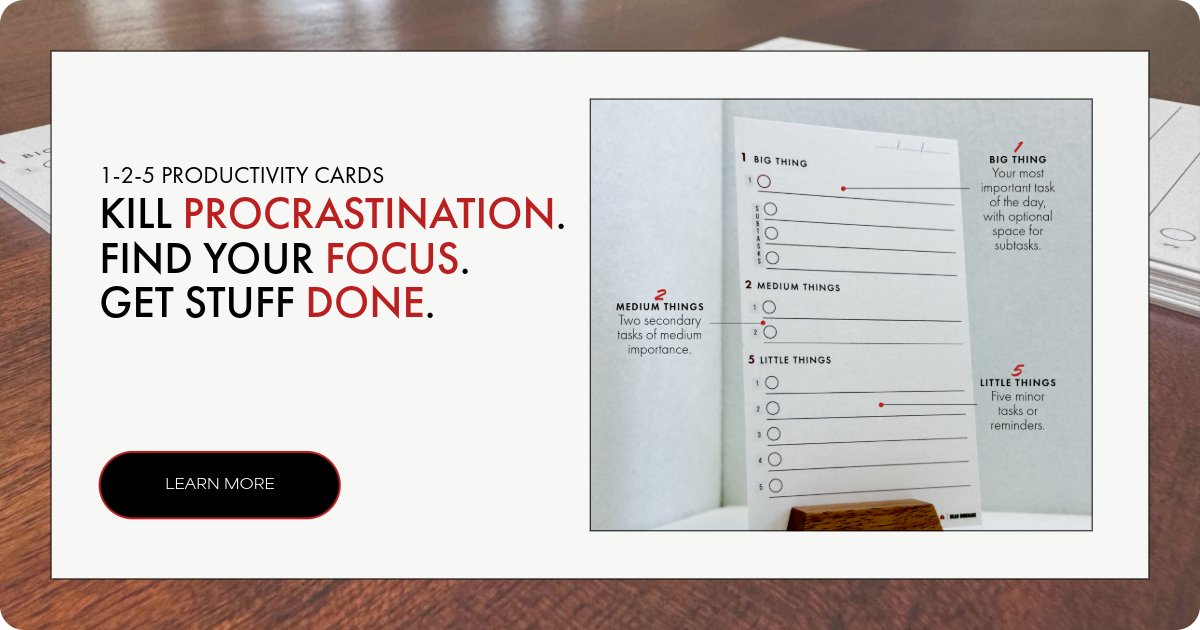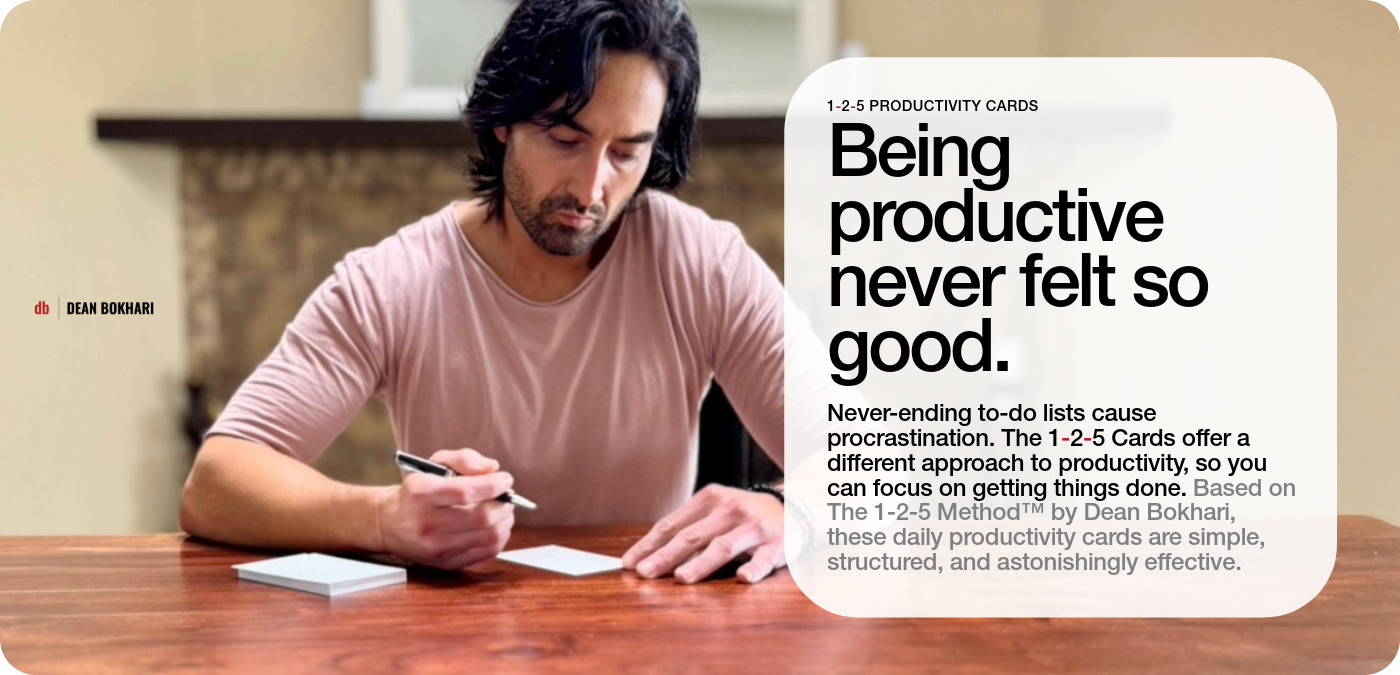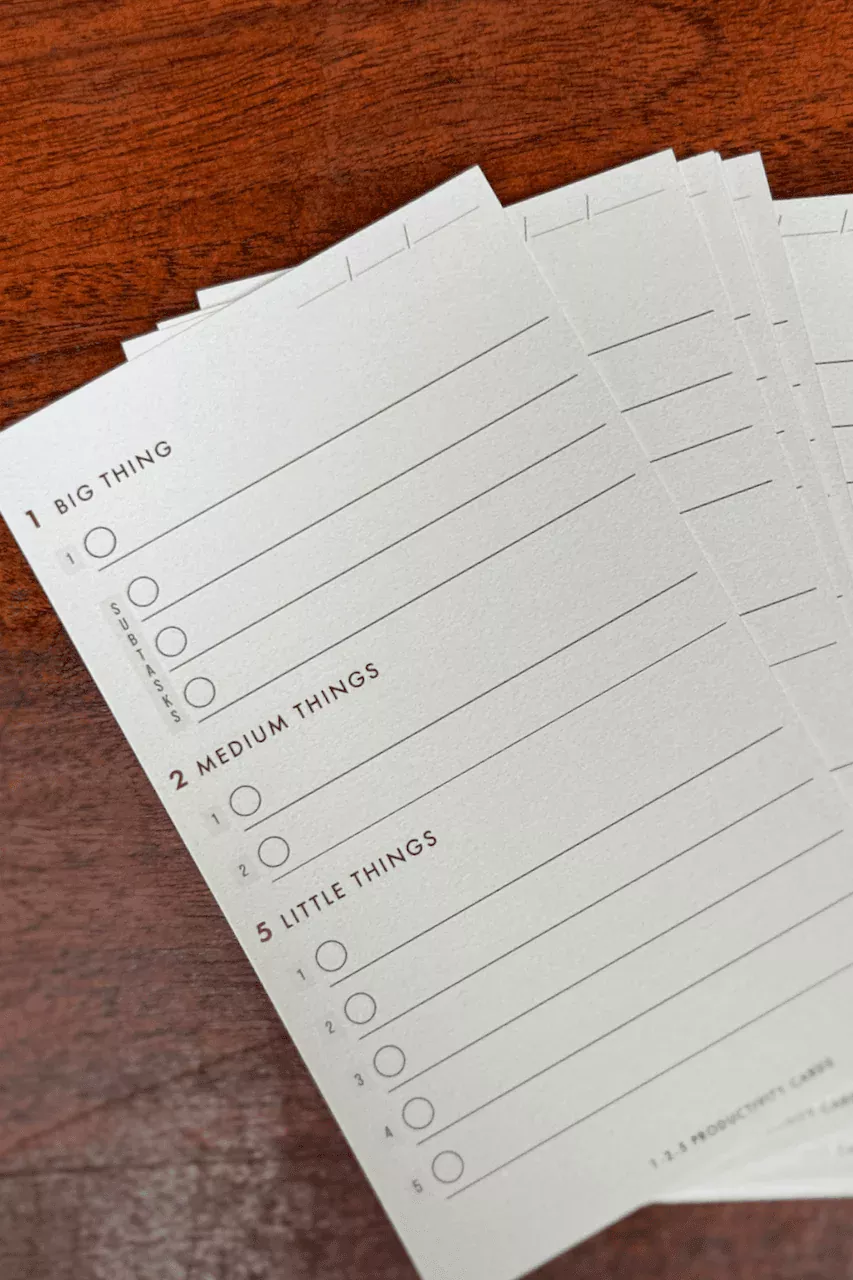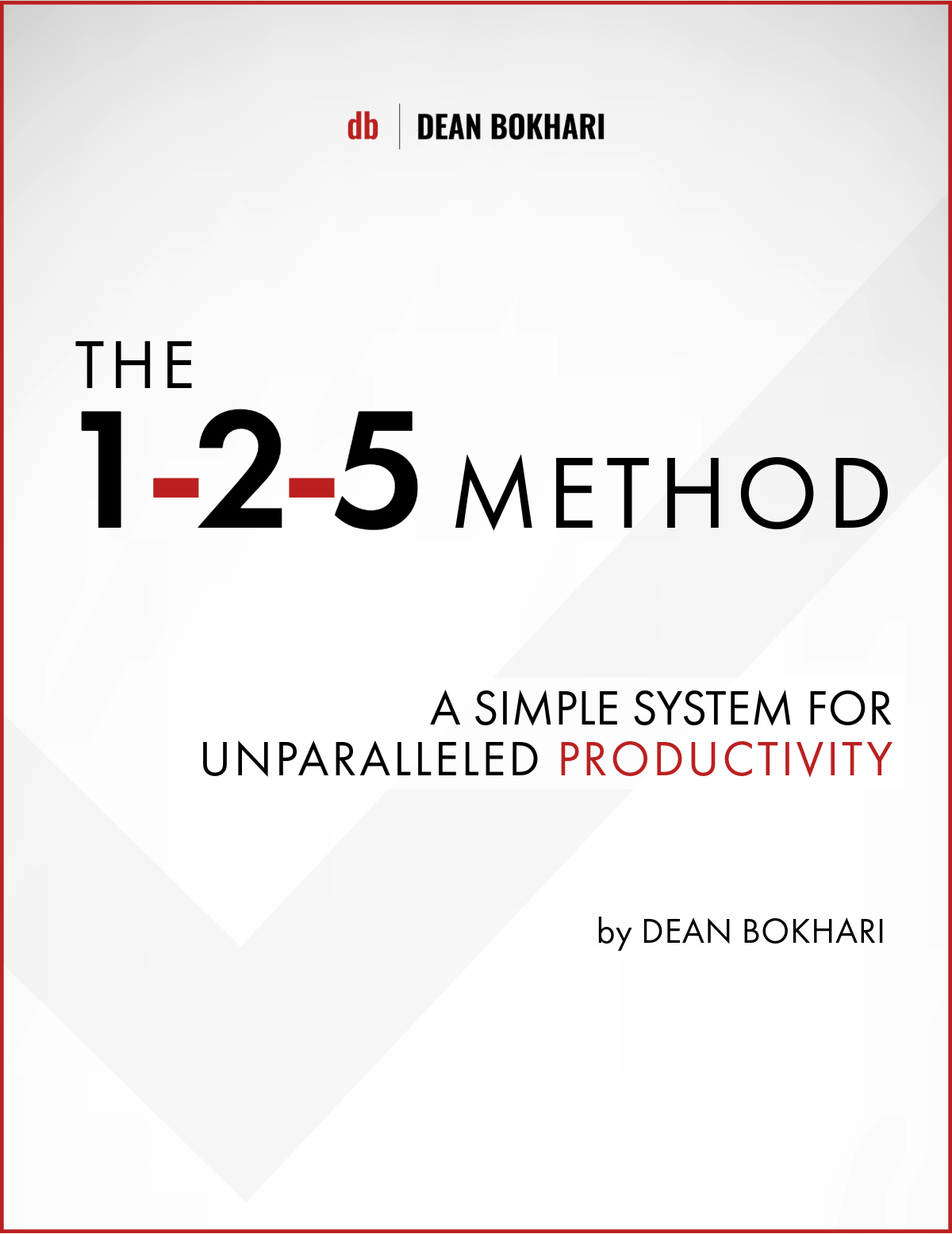Overcoming Envy
Prefer audio? Listen to the audio version below or scroll down to read.
Where does envy come from?
Have you ever wondered why we tend to envy others in the first place? Turns out, our animal brains are hardwired for fairness and equality. And obviously, we’re not living in a fair and equal world. Even monkeys get jealous of one another: there’s an old experiment described in The Book of Joy in which two capuchin monkeys are given a reward for performing a simple task, like picking up a rock and bringing it to the researcher.One monkey gets a cucumber slice every time he performs the task—and he happily performs his rock-giving task over and over in order to receive his cucumber slice…
But then that same monkey sees another monkey, performing the same task, but being rewarded with not just a slice of cucumber, but with a grape—which in the world of capuchin monkeys, is perceived as way higher on the awesomeness scale when compared to cucumber.
When the cucumber-monkey sees the researcher rewarding his friend with a grape, he again performs his usual rock-giving task—this time with even more enthusiasm—expecting to get a nice juicy grape in return for his efforts… But no. The researcher gives the poor bastard another slice of cucumber. The monkey looks at the cucumber in seeming disbelief, with a look on his face that can only be described as, “Bro, WTF!“ Then the monkey shakes the bars of his cage and becomes visibly angry about the fact that his buddy, just a few feet away, got grapes, while all he gets is cucumber.
We are not much different from the monkeys.
Point being: everyone rightly and justly wants fairness; but the unfortunate reality is that we live in an unfair world. And this pisses people off and brings about feelings of jealousy and envy towards those who we perceive to have an un-equal share of the pie (or those who get grapes for doing the same things that we get cucumbers for).
In terms of morality — is this right? No. But is it reality? Absolutely. We can’t change the fact that we live in an unfair world. But what we can do, is change the way we allow ourselves to feel about it.Making comparisons between yourself and others is common. If you’re jealous and envious of someone for what they’ve got, here are a few ideas for training yourself to overcome the envy.
6 Strategies for Overcoming Envy
1. Remember—envy only hurts the envious.
The first thing to know is that envy only hurts the envious. Accept that others might have more than you or be more successful than you — and live a happy life anyway. Not only is this important—it’s absolutely necessary. Studies have even shown that ‘upward comparisons’ leave us feeling miserable and can actually lead to health disasters like heart attacks and strokes.2. Gratitude.
According to the Archbishop, a good remedy for envy is some good old gratitude. Take the time to appreciate the house you have, and your cousin’s mansion might not bother you as much. Get grateful for you've already got and you'll dwell a heck of a lot less on what you don't. On to the next remedy for overcoming envy…3. Transform envy into motivation.
“Certainly with envy, it can also be a spur … It can help you say, I haven’t got a car or a house like that guy, so why don’t I aim to work to try and get something like that?” —Dalai Lama, Desmond Tutu, Douglas Abrams from The Book of JoyThe Archbishop and the Dalai Lama also mention that external goals like the ones above won’t bring us true joy or lasting happiness. But using them as motivation to improve our situation is still better than envy of someone else’s.
4. Reframe your envy.
Another suggestion given by the Dalai Lama and Desmond Tutu for overcoming envy is to reframe or rephrase your envy. Reframing is powerful because it puts your envy in context… For instance, do you really want to live in a home with seven bedrooms like your cousin? The amount of cleaning and upkeep might make you more miserable in the long run than where you are right now. By remembering that envy is a natural, though toxic aspect of life, we can learn to tame it and keep ourselves and those around us happier.5. Mudita.
To take your response towards envy even farther, you can follow the advice of the Dalai Lama and add some ‘mudita’ to your life. Mudita is a Tibetan way of expressing “sympathetic joy” for others when they achieve something great or attain something desirable — even if you haven’t experienced similar blessings for yourself. Buddhists even go as far as describing mudita as the antidote to envy. But it’s really a mentality that understands that blessings for one person are actually blessings for all, because the happiness of one person actually betters everyone around them. Mudita is so important in Buddhism that it is considered one of the Four Immeasurables, or qualities we can cultivate infinitely. The other three are loving-kindness, compassion, and equanimity. Here’s how mudita works:If someone has something that we want, say, a bigger house, we can consciously take joy in their good fortune by telling ourselves: “Good for him. Just like me, he, too, wants to be happy. He, too, wants to be successful. He, too, wants to support his family. May he be happy. I congratulate him and want him to have more success.” Mudita recognizes that life is not a zero-sum game, that there is not just one slice of cake in which someone else’s taking more means we get less. Mudita sees joy as limitless. —Dalai Lama, Desmond Tutu, Douglas Abrams from The Book of Joy
6. Let go and relax.
“Doctors always advise us to relax. Relax means calm mind. Not too much agitation, which will destroy your relaxation. Also, too much attachment will destroy your peace of mind,” … You can have a nice house with a nice bedroom and a nice bath, and play relaxing music, but if you are full of anger, full of jealousy, full of attachment, you will never be able to relax. In contrast, you may be sitting on a rock with nothing, but if your mind is completely peaceful, then you can be relaxed.” —Dalai Lama, Desmond Tutu, Douglas Abrams from The Book of JoyLove that. Don’t worry about everything you need to do and everyone you need to get back with. Be calm. Relax.
Recap: 6 Strategies for Overcoming Envy
- Remember that envy only hurts the envious.
- Get grateful.
- Transform your envy into motivation.
- Reframe (or rephrase) the envy.
- Bring some mudita into your life.
- Let go and relax.
Notes / Book(s) Mentioned: The Book of Joy: Lasting Happiness in a Changing World by the Dalai Lama, Desmond Tutu, and Douglas Abrams
Dean Bokhari's Meaningful show is supported by...
- Audible Audiobooks | Thousands of titles to choose from + listen to on any device. Get your free audiobook here.
- FlashBooks Book Summaries | Top Self-Help + Business Book summaries you can read (or listen to!) in about 20 minutes per book. The best part? The book summaries are designed specifically for busy peeps on the go (like you, maybe?) Start your risk-free, 7-day trial here.
Subscribe to Dean Bokhari's Meaningful Show.
Available on major podcast platforms everywhere.
Subscribe to podcast for free on:
iTunes | Stitcher | Spotify | Overcast | Google Podcasts
LIVE LIKE YOU GIVE A DAMN,
Dean Bokhari
- If you find the podcast helpful, please rate + review it on Apple Podcasts »
- Got a Self-Improvement question you'd like me to cover? Submit it here »
"Dean Bokhari's Meaningful Show is the Self-Improvement Podcast I've been
waiting for. It's actionable, inspiring, and BS-Free." —Brett Silo
✨ New Series: How to Become an Early Riser
- Discover key methods to make early rising a habit
- How to wake up early + energized every morning
- Morning routines for health + success
Free self-development courses
👇
Tap on any of the courses below to start learning how to:
- boost your productivity (with GTD),
- get focused (with Deep Work),
- or learn the art of influencing others (with the How to Win Friends & Influence People course.)
All for free.
👇
Free life guides
👇
Best-selling Self-development courses by Dean Bokhari
Kill procrastination.
|
Get stuff done.
|
Get motivated.
|
Connect with anyone.
|
freshly pressed:
Top Audiobooks narrated by Dean Bokhari on audible | |
Book summaries
- The Power of Habit by Charles Duhigg
- 12 Rules for Life by Jordan B. Peterson
- Presence by Amy Cuddy
- Leaders Eat Last by Simon Sinek
- The ONE Thing by Gary Keller, Jay Pasan
- Deep Work by Cal Newport







































